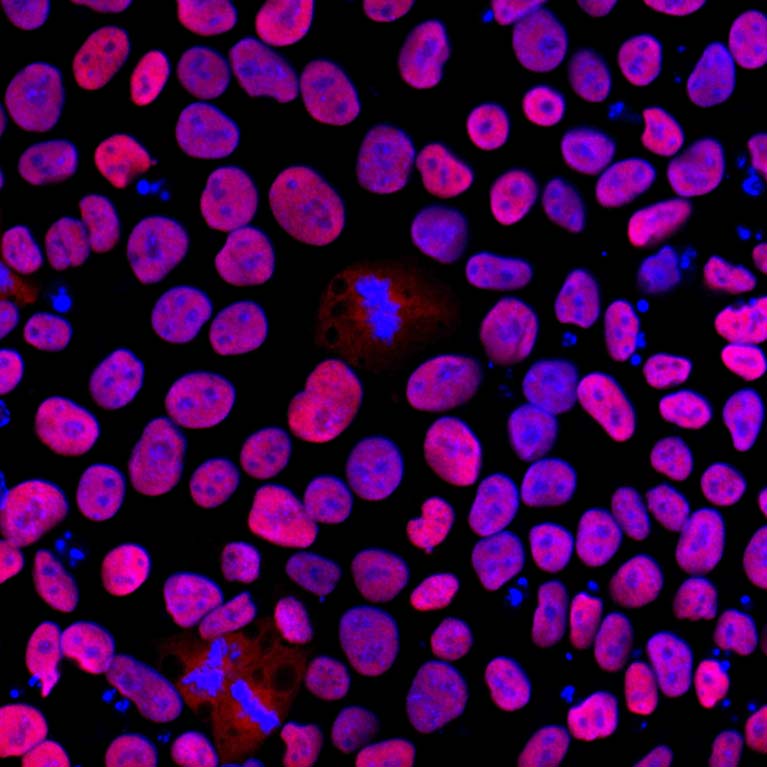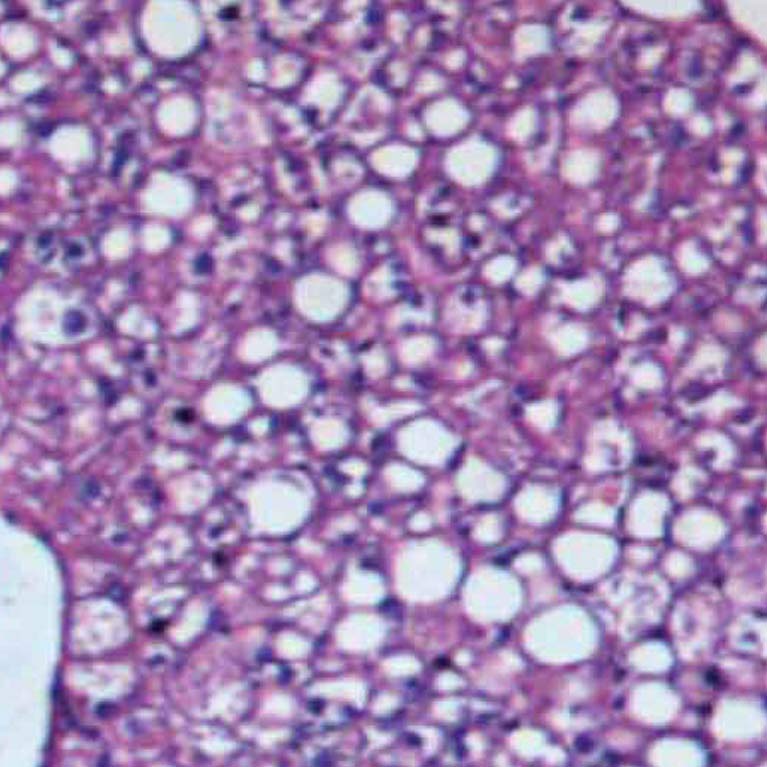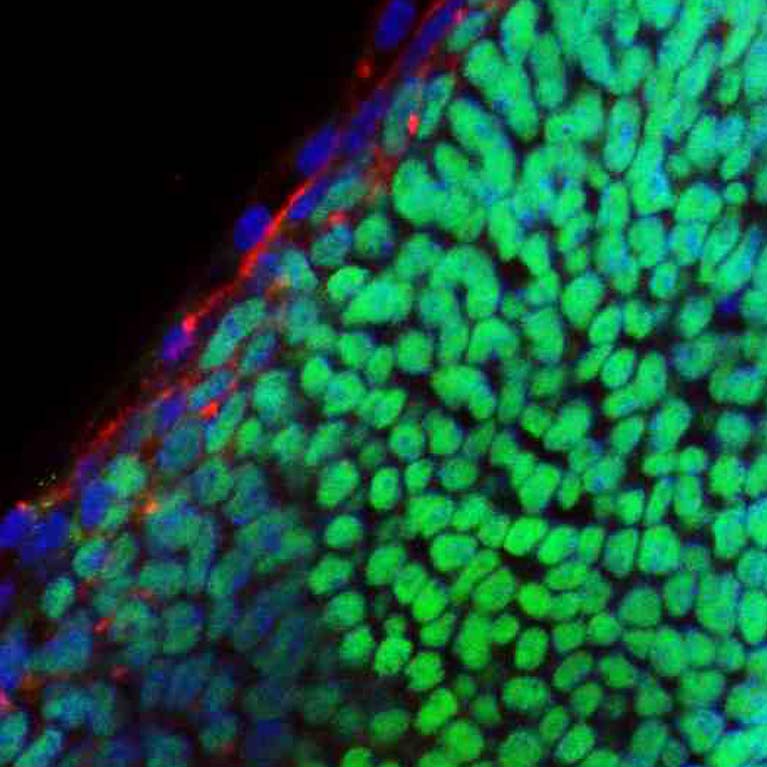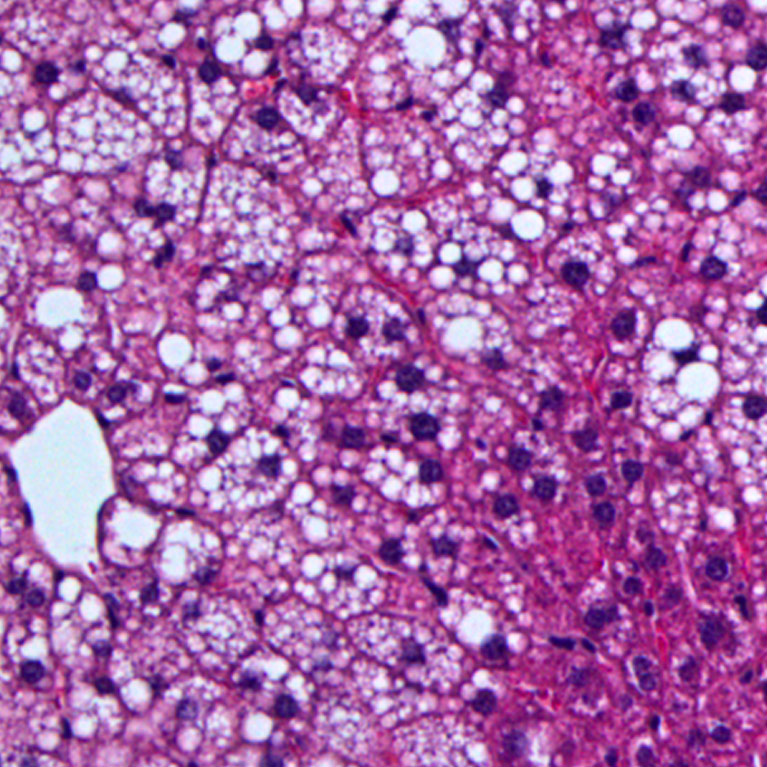Overview
Salk scientists study the many molecular processes used by the body to convert food into energy. They want to understand how these systems—known collectively as metabolism—develop and how they go awry in conditions such as diabetes and obesity. Ultimately, this information might be used to develop new ways to prevent and treat these conditions.




